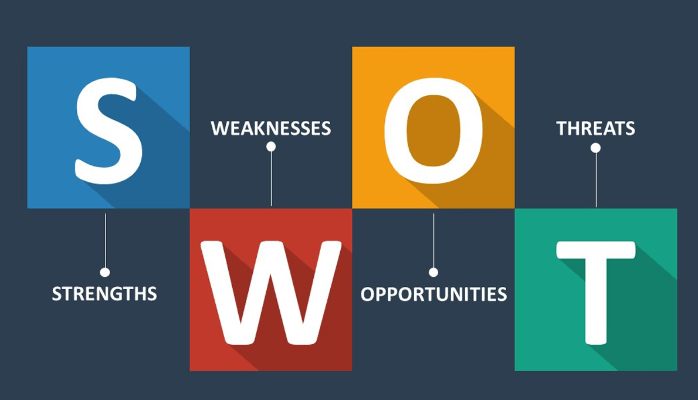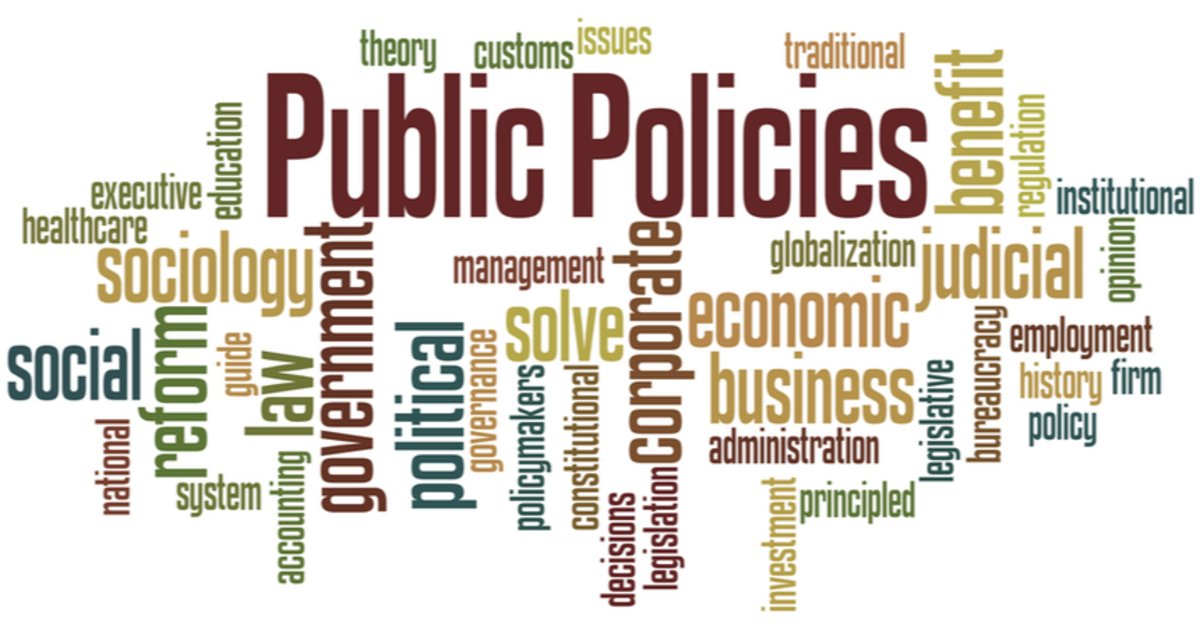Some Background
The Nigerian government’s fuel subsidy program has been in place for years to keep the product prices affordable for citizens. However, the subsidy has become a major drain on the country’s finances, with the government spending trillions of Naira each year to maintain the program.
According to a report from the Nigerian National Bureau of Statistics, the government spent over N1.3 trillion on fuel subsidies in 2020, which has more than doubled to a reported spend of N3 trillion in 2022. This spend represents a significant portion of the country’s budget and has been a major cause of concern for the citizens.
The decision to remove the subsidy has been met with mixed reactions. While some argue that it will reduce the burden on the government and free up funds for other important initiatives, others fear that it will lead to a significant increase in fuel prices, which will hurt the average Nigerian who is already struggling to make ends meet.
The uncertainty surrounding the future of the fuel subsidy has created a great deal of anxiety in the country. Many Nigerians are unsure of what the future holds and are worried about how their lives will be impacted by the potential removal of the subsidy. The government has yet to make a final decision, leaving citizens in limbo.
Current Realities
Critics of the program argue that it is not sustainable and that the government should focus on other more important initiatives, such as healthcare and education. However, proponents of the program argue that removing the subsidy would be disastrous for the economy, as it would lead to a significant increase in fuel prices and cause inflation. They also argue that the subsidy is necessary to keep fuel prices affordable for the average Nigerian, who already faces significant financial challenges.
Many are calling on the government to take a more measured approach and consider the impact that the removal of the subsidy would have on the country’s citizens.
Possible Approaches
There are different views on the best approach to a successful fuel subsidy removal in Nigeria.
To address the challenges surrounding the subsidy, some have suggested that the government should consider reforms that would make the program more sustainable.
- For instance, the government could consider implementing a means-tested subsidy program that would provide targeted support to the most vulnerable members of society.
- Additionally, the government could consider investing in alternative energy sources, such as solar and wind power, which could reduce the country’s dependence on petrol and make the subsidy program more affordable in the long run.
Ultimately, the success of the fuel subsidy implementation in Nigeria will depend on the government’s ability to balance the need for affordable fuel with the need to maintain fiscal sustainability.
The government will need to carefully consider the impact of any policy changes on the country's citizens and the economy as a whole.
In a recent survey, there has been some interesting feedback regarding Nigeria’s potential fuel subsidy removal. While 77% of respondents are against the removal, it’s worth noting that 23% either do not care or want the subsidy removed. This apathy among citizens can be attributed to the government’s opaque nature over the last several decades.
Next Steps
- In our opinion, the potential removal of fuel subsidy should be accompanied by a well-thought-out plan on how to gradually eliminate it in a phased approach, including clear timelines.
- A phased approach would help to ease the burden on citizens, as well as allow for a smoother transition.
- The media should be actively involved in communicating details of the impact and the government’s mitigation plans.
- The government should also receive feedback from stakeholders and make necessary adjustments to its planned implementation.
- It is important to consider the potential impact of fuel subsidy removal on each State and region and to have a comprehensive implementation agreement in place, per State. This agreement should be communicated to the public to ensure that everyone is aware of the potential implications.
- Finally, the issue of how the ‘subsidy savings’ will be used to fund buffers, particularly infrastructure stock, should remain a top priority. The government should have a clear plan in place on how to allocate these funds and ensure that they are used effectively to improve the country’s infrastructure and lives of its citizens.
Environmental Sustainability Opportunity?
The removal of fuel subsidy presents an opportunity for the Nigerian government to invest in alternative energy sources and promote environmental sustainability whose major tenets are as follows:
- Strengthen resilience and adaptive capacity to climate-related hazards and natural disasters in all countries
- Integrate climate change measures into national policies, strategies and planning
- Improve education, awareness-raising and human and institutional capacity on climate change mitigation, adaptation, impact reduction and early warning
To promote these environmental sustainability tenets, Nigeria’s government could take the following specific actions:
- Allocate a portion of the savings from the removal of the subsidy to support the development and implementation of renewable energy projects, such as solar and wind power.
- Consider implementing policies that promote the use of electric or hybrid vehicles, which would help to reduce the country’s dependence on fuel and its associated environmental impact.
By taking a proactive approach to environmental sustainability, the Nigerian government will not only reduce the burden on its finances but also help to build a more sustainable and environmentally friendly future for its citizens.





